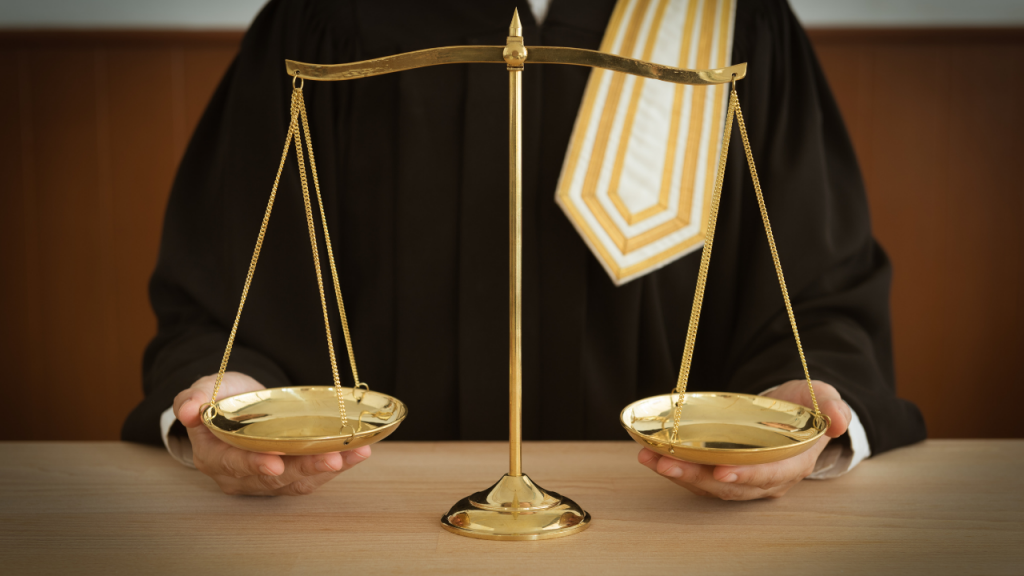Today, about 60% of couples live together before marriage. Some people think that if they live together, they are as good as married, which is simply not the case.
Cohabitation agreements are useful for people who do not wish to marry their partners but prefer to live together. They provide protection for both parties in the event of the relationship ending.
Marriage is governed by specific laws that protect everyone in the relationship, but cohabitation does not offer the same protection.
For example, if a cohabitant dies without a valid will, their partner is not entitled to inherit.
In addition, cohabitants are not obligated to assist one another in providing maintenance.
The Maintenance of Surviving Spouses Act does not grant a claim for maintenance upon the death of a partner.
Currently in South Africa, the law on cohabitation is unsatisfactory, as it does not place cohabitants on the same footing as other partners in a marriage or civil union.
Thankfully, this problem will soon be rectified by the draft Domestic Partnerships Bill that was published in January 2008.
While the Bill is undergoing legislative review, cohabitants will continue to have different legal statuses as spouses in a marriage or as partners in a civil union before it becomes law.
Legal protection of cohabitants

Legislation that places cohabitation and marriage on an equal footing:
Cohabitation is recognised under the Domestic Violence Act.
The Medical Schemes Act 131 of 1998 defines a dependant to include a ‘partner’.
In terms of the Income Tax Act and the Estate Duty Act – Tax legislation treats cohabitants as spouses, and the term “spouse” is defined to include both same-sex and heterosexual couples.
In a cohabitation relationship, either partner may name the other as beneficiary in a life insurance policy.
However, the nomination will have to be clear, as a clause in the policy that provides for members of the insured’s ‘family’ may cause problems.
Similarly, if a car insurance policy covers/excludes passengers who are members of the insured’s family, then this provision does not apply to the partner of the insured.
When it comes to the obligation to maintain children, divorced and unmarried parents are equally liable for the maintenance of their children;
- Care and contact decisions are based on what is in the best interests of the child;
- Children are protected if the couple is not married since both biological parents are responsible for maintenance;
If the couple splits, the father and mother are both responsible for maintenance.
In this case, same-sex couples are not eligible since both cannot share a biological link with the child.
Upon termination of the relationship, a domestic partner is not entitled to receive their partner’s pension benefits as a nominee.
A domestic partner may also receive pension benefits as a dependant if s/he qualifies as such under the definition of ‘dependant’ in the regulations or conditions of that particular fund.
The South African Compensation for Occupational Diseases Act, 1997 states that the surviving spouse of a deceased employee may seek compensation if the employee died as a result of injuries sustained at work if they were married at the time the employee died.







